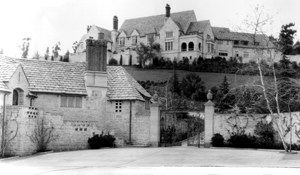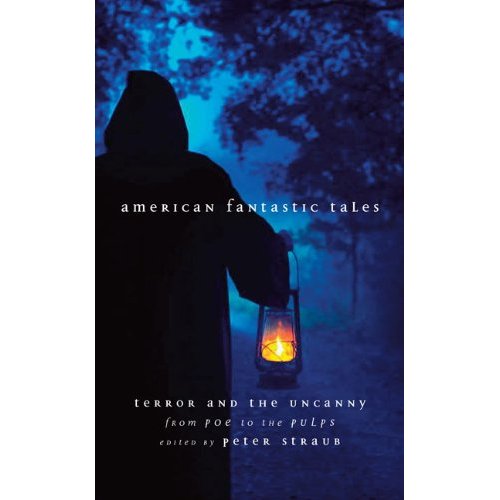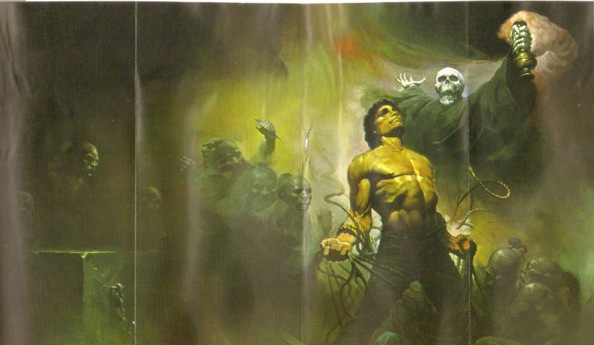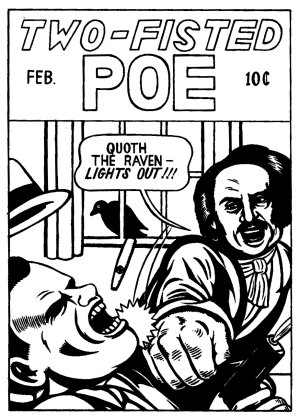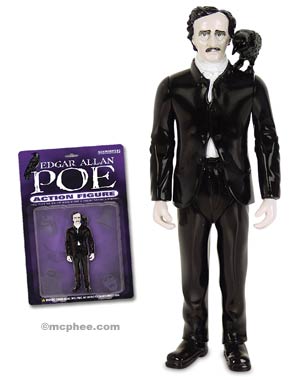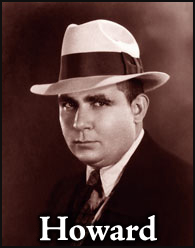The Mysterious Death (and Strange Afterdeath) of Mr. Edgar Allan Poe
Wednesday, December 9, 2009
posted by Deuce Richardson
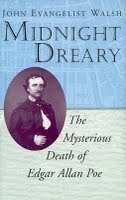 Whilst the bicentennial of the nativity of Edgar Allan Poe was amply commemorated here at The Cimmerian, we somehow let the one hundred and sixtieth anniversary of his death on October 7 slip right by us. However, J. Kingston Pierce over at The Rap Sheet, one of the premiere crime-fiction blogs, was on the job. In his entry, “What Happened to Edgar?”, Pierce looks at Midnight Dreary: The Mysterious Death of Edgar Allan Poe by John Evangelist Walsh. The book was Walsh’s third foray into Poe-related historical research and he admits to being fascinated by Poe and his works. Check it out.
Whilst the bicentennial of the nativity of Edgar Allan Poe was amply commemorated here at The Cimmerian, we somehow let the one hundred and sixtieth anniversary of his death on October 7 slip right by us. However, J. Kingston Pierce over at The Rap Sheet, one of the premiere crime-fiction blogs, was on the job. In his entry, “What Happened to Edgar?”, Pierce looks at Midnight Dreary: The Mysterious Death of Edgar Allan Poe by John Evangelist Walsh. The book was Walsh’s third foray into Poe-related historical research and he admits to being fascinated by Poe and his works. Check it out.
Pierce also took a look at the shenanigans surrounding the possession of Poe’s remains, as well as the lavish commemorative celebrations sponsored by the city of Baltimore this year, in “Evermore, Mr. Poe, Evermore.” Our own Steve Tompkins also commented on the nigh-Illiadic struggle over Poe’s remains in this blog post.
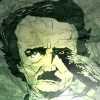
Considering the size of Cross Plains in comparison to Baltimore and the relatively recent date of Robert E. Howard’s passing, I would say the organizers of Robert E. Howard Days, and REH fandom in general, have plenty to be proud of.

